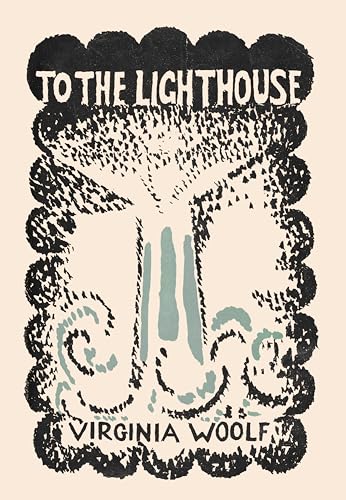Mrs Dalloway by Virginia Woolf is an incisive portrayal of a single day in the life of 51-year-old Clarissa Dalloway, the perfect high-society hostess, in post-World War I, England. As she prepares to host a party in the evening, she is flooded with memories of her youth in the countryside in Bourton, her choice of Richard Dalloway as husband over the intriguing and demanding Peter Walsh, amidst myriads of other things. A visit from Peter that morning reinforces Mrs Dalloway's pressing need to re-examine the trajectory that her internal and external lives have taken between the pull and push of the past and present, within a certain social structure.
Virginia Woolf
Virginia Woolf was a prominent English writer and modernist literary figure. Known for her stream-of-consciousness writing style, she challenged traditional narrative structures and explored themes of gender, class, and mental health in her works. Some of her most notable works include "Mrs. Dalloway," "To the Lighthouse," and "Orlando." Woolf's contributions to literature include her innovative approach to character development and narrative technique, as well as her exploration of the inner lives of her characters. Her most famous work, "Mrs. Dalloway," is considered a masterpiece of modernist literature and a reflection of Woolf's unique literary voice. Woolf's impact on the literary genre is undeniable, as she paved the way for future generations of writers to experiment with form and style in their own works.



